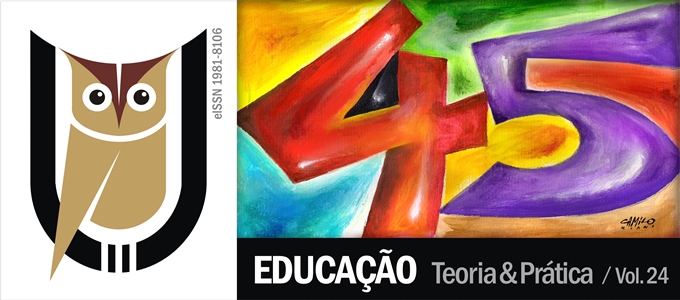From Dreamed Sex to Advertised Sex: Sexual Deals in Daily Press
DOI:
https://doi.org/10.18675/1981-8106.vol24.n45.p162-178Keywords:
Sexuality. Gender. Media. Pornographization. Ethos.Abstract
Media are becoming increasingly permeable to speeches that bring into play pornographization processes of the public space. The sex ads published in the daily press represent an important example of this phenomenon. By resorting to sex trade practices as positive, relaxing and pleasurable experiences, they embody a particular way of producing identities. The present study is of qualitative nature and aims to map the enunciation modes and persuasion strategies that characterize the sex ads in the daily press, thus questioning its place in the networks of meaning that make the gender. The corpus of analysis was created after a compilation of sex ads collected for a month from a national and a local Portuguese newspaper. The concept of ethos, projected by Maingueneau in his theory of discourse analysis was used as a resource. For the coding and categorization process, the software WebQDA was used. The study showed a high feminization of offers of sexual services, a predominance of imaginary scenes associated with male sex, the use of language referring to values and practices in the world of pornography and the use of stereotypes that reinforce gender inequality.Downloads
Additional Files
Published
How to Cite
Issue
Section
License
Authors who publish in this journal agree to the following terms:
a) Authors assign copyright to the journal, with the work simultaneously licensed under the Creative Commons Attribution License that allows sharing of the work with acknowledgment of authorship and publication in this journal.
b) The policy adopted by the Editorial Committee is to assign copyright only after a period of 30 months from the date of publication of the article. After this time, authors interested in publishing the same text in another work must send a letter to the Editorial Committee requesting the release of the assignment of copyright and wait for a response.
c) This journal provides public access to all its content, since this allows greater visibility and reach of published articles and reviews. For more information on this approach, visit the Public Knowledge Project, a project that developed this system to improve the academic and public quality of research, by distributing OJS as well as other software to support the public access publication system to academic sources. The names and email addresses on this website will be used exclusively for the purposes of the journal and will not be available for other purposes. This journal provides open any other party  This work is licensed under a Creative Commons License
This work is licensed under a Creative Commons License











